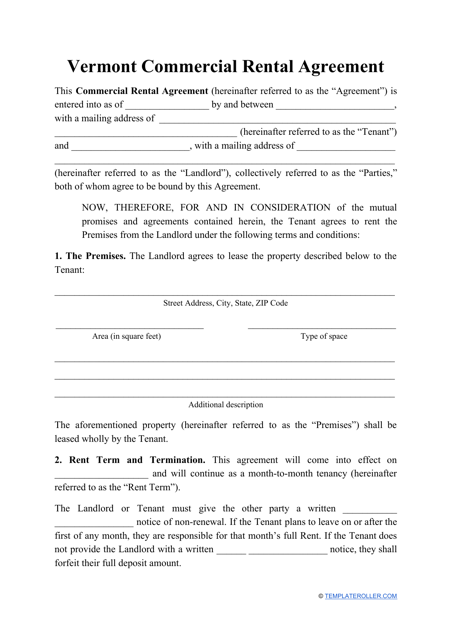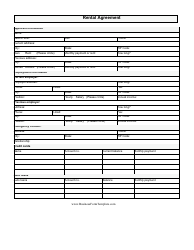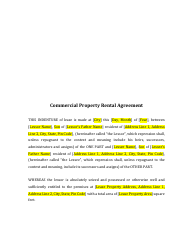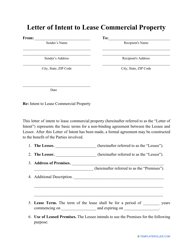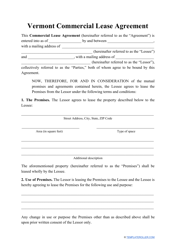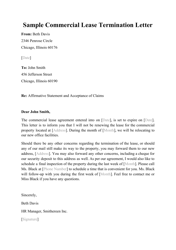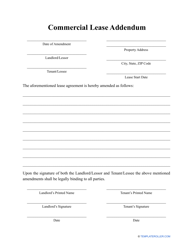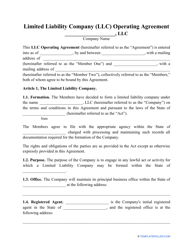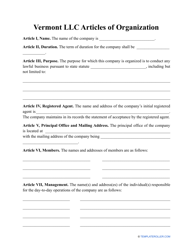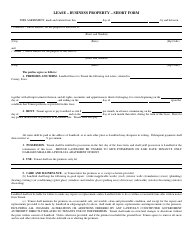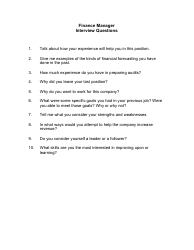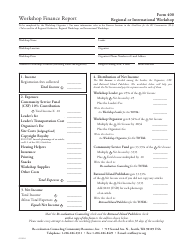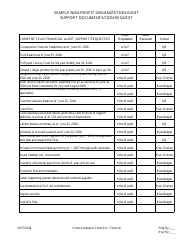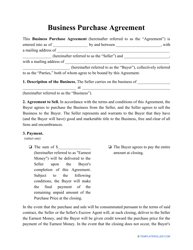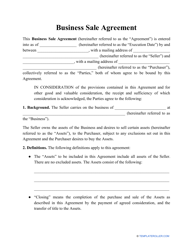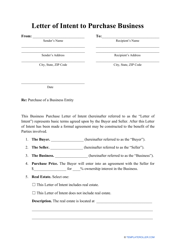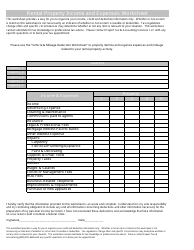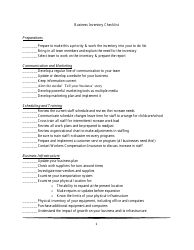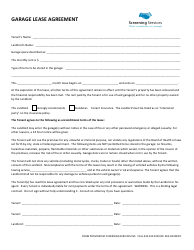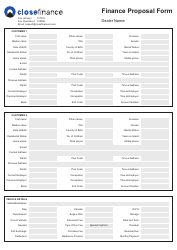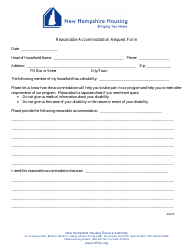Commercial Rental Agreement Template - Vermont
A Commercial Rental Agreement Template is a standardized document used in Vermont for renting commercial properties. It outlines the terms and conditions of the rental agreement between the landlord and tenant.
The commercial rental agreement template in Vermont is typically filed by the landlord or property owner.
FAQ
Q: What is a commercial rental agreement?
A: A commercial rental agreement is a legally binding contract between a landlord and a tenant for the lease of a commercial property.
Q: What is the purpose of a commercial rental agreement?
A: The purpose of a commercial rental agreement is to outline the terms and conditions of the lease, rights and responsibilities of both parties, and the agreed-upon rent payment.
Q: What should be included in a commercial rental agreement?
A: A commercial rental agreement should include details such as the names of the landlord and tenant, the property address, the duration of the lease, rent amount, payment terms, maintenance responsibilities, and any additional clauses or provisions.
Q: Who is responsible for repairs and maintenance in a commercial rental agreement?
A: Typically, the tenant is responsible for repairs and maintenance in a commercial rental agreement, unless otherwise stated in the lease. However, this can vary depending on the terms agreed upon by both parties.
Q: Can the landlord terminate a commercial rental agreement?
A: Yes, the landlord can terminate a commercial rental agreement in certain circumstances, such as non-payment of rent, violation of lease terms, or the need to use the property for other purposes. However, proper notice and legal procedures must be followed.
Q: Can the tenant make modifications to the commercial property?
A: In most cases, tenants are allowed to make modifications to the commercial property with the landlord's permission. However, this should be clearly outlined in the commercial rental agreement to avoid any disputes.
Q: What happens if either party breaches the commercial rental agreement?
A: If either the landlord or tenant breaches the commercial rental agreement, the non-breaching party may be entitled to remedies such as monetary damages or termination of the lease. This will depend on the specific terms and conditions outlined in the agreement.
Q: Is it necessary to have a written commercial rental agreement?
A: While oral agreements may be legally binding for certain types of leases, it is highly recommended to have a written commercial rental agreement. A written agreement provides clarity and protection for both parties and can help avoid potential disputes in the future.
Q: Can the rent be increased during the lease term?
A: The rent can be increased during the lease term if specified in the commercial rental agreement. However, any rent increase must comply with local laws and regulations and should be clearly stated in the agreement.
Q: Can the tenant sublease the commercial property?
A: The tenant may be allowed to sublease the commercial property if permitted by the landlord and stated in the commercial rental agreement. This provision should be explicitly mentioned in the agreement.
